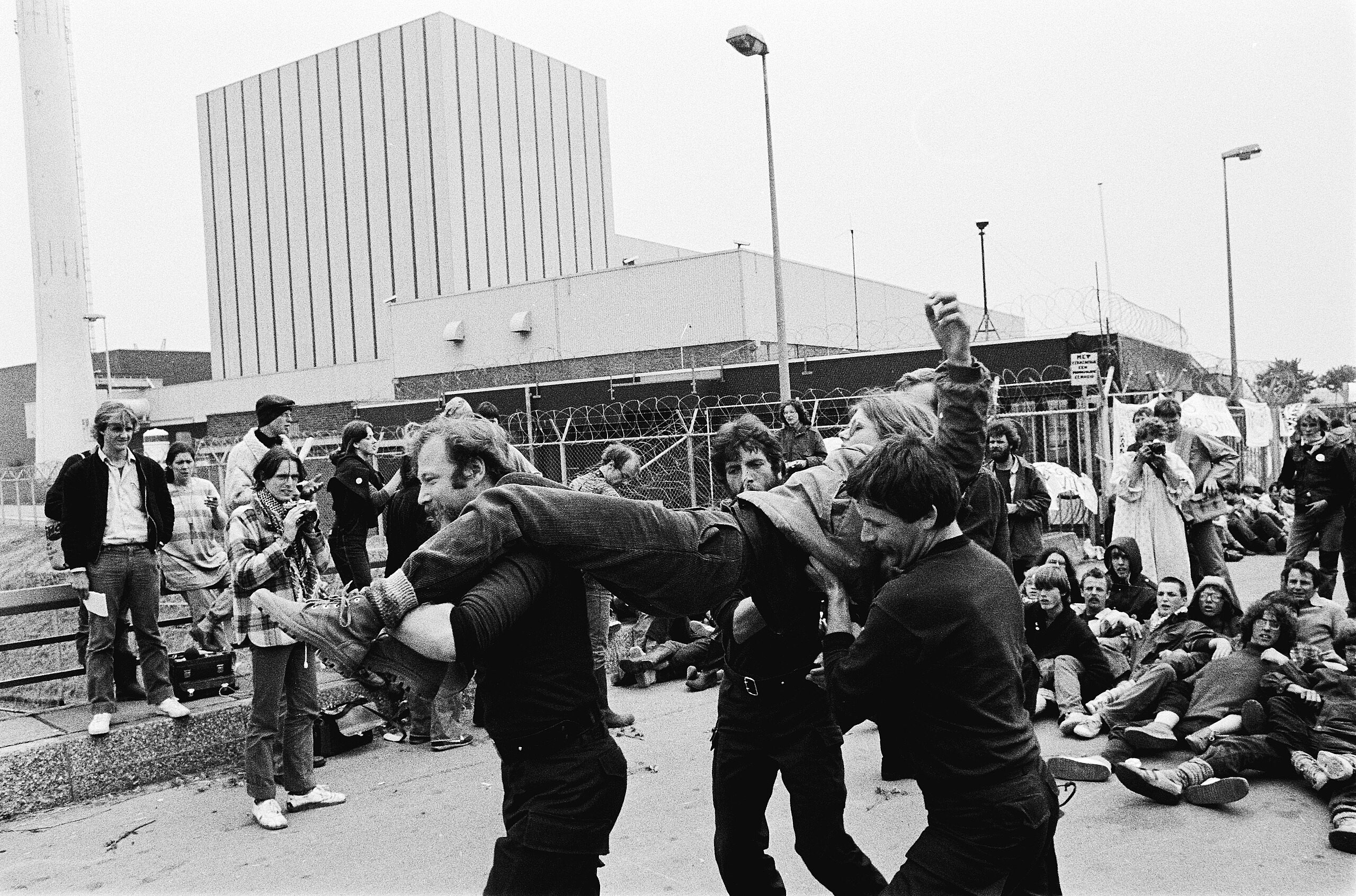Atomic chains. Nuclear power, activism and the planetary future, 1960-1990
From the rise of atomic fission in the 1940s to the Chernobyl disaster of the 1980s, the future was nuclear. Scientists, politicians and policy makers predicted a transition to a new, virtually inexhaustible, cheap and “clean” energy source. But this first “energy transition” met with resistance in nations across the globe. In the Netherlands various groups united in the anti-nuclear energy movement (AKB).
This project delves into the history of the AKB and its international allies, at a moment when nuclear power gathers new support and the transition away from fossil fuels slows. Nearly forty years after activists won and the AKB disintegrated, it is crucial to understand why nuclear power was so controversial.
Ours is the first extensive historical study of the Dutch nuclear power conflict, drawing on rich social movement archives at IISH, archives of politicians, policymakers and scholars, and a stream of journals, newspapers and movement magazines. We ask: How and why did the struggle against nuclear power mobilize so many people? And how did activists and social movements shape the political debate?
In doing so, we go beyond the simple but dominant distinction between proponents and opponents of nuclear. Like the climate movement today, the AKB encompassed a range of positions and analyses of the complex chains linking the nuclear world, from African uranium mines to radioactive waste dumps in the North Sea; on power, militarism, and energy systems; on environmental pollution and climate change; on colonial legacies and justice; and on resource scarcity and planetary futures. Many of these questions are still relevant today. Both the technologies and ideas of that time have shaped our age.
That's why we also look at how the struggle over nuclear power resonates in today's energy and climate debate. In conversation with activists and policymakers, we explore how forms of organization and action, rhetoric, insights and blind spots we've inherited from the 70s and 80s. We ask how the anti-nuclear movement shaped the climate movement, and how the present-day debate over nuclear revives old tropes. In a time of climate disruption and planetary crisis, this history offers crucial lessons.
Researchers
Mathijs Boom
Reina Borst



